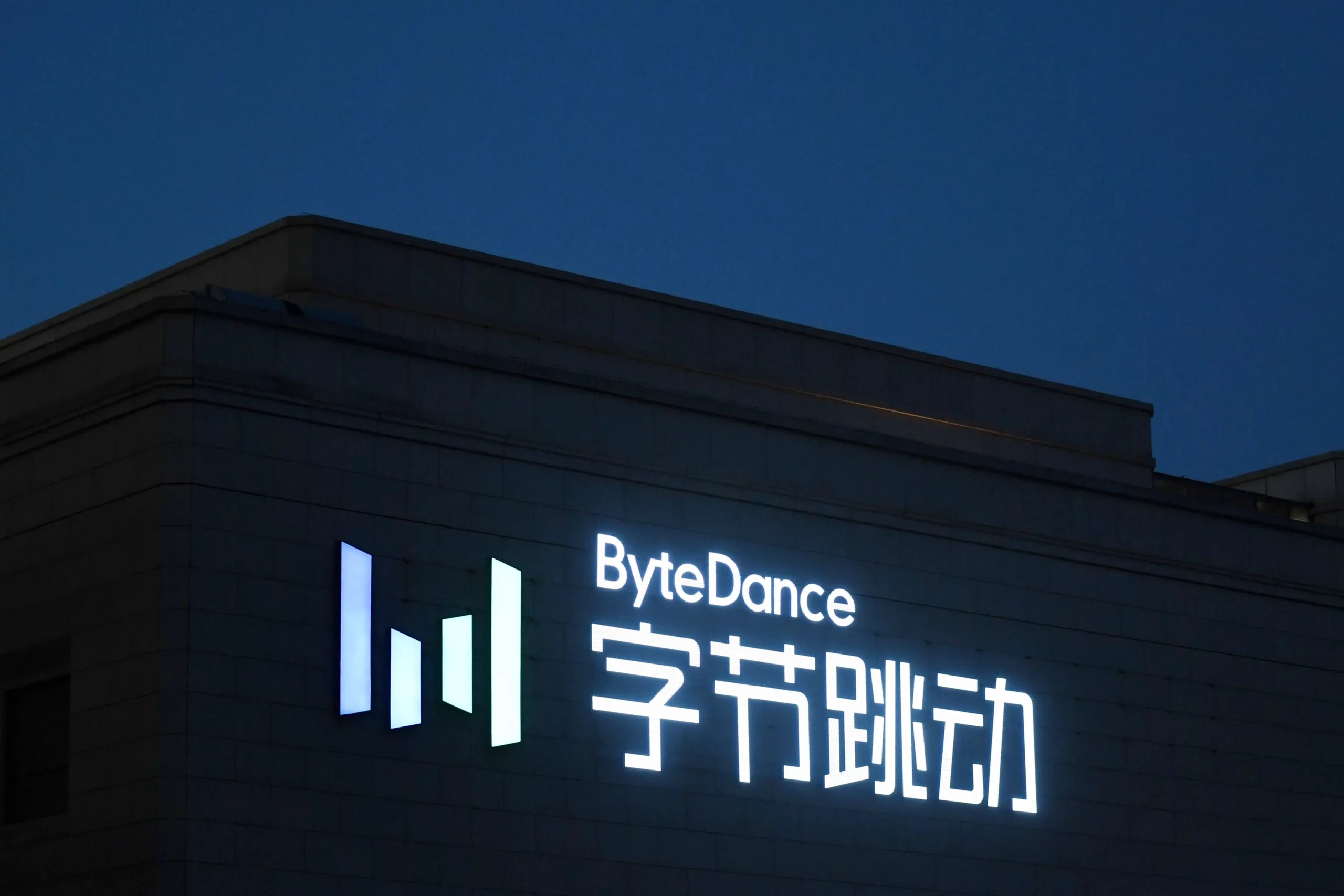
ByteDance, the parent company of TikTok, confirmed it dismissed an intern in August for allegedly sabotaging its artificial intelligence (AI) model training project.
The intern, who worked on ByteDance’s commercialization technology team, was accused of “maliciously interfering” with the AI model training process. ByteDance reported the misconduct to the intern’s university and industry associations, emphasizing that the individual had no direct involvement with its AI Lab and that the incident did not affect the company’s AI research or development.
No Impact on Business Operations
Reports circulated widely on Chinese social media, claiming that the intern’s interference affected a cluster of 8,000 graphical processing units (GPUs) and caused damages of up to $10 million. ByteDance, however, denied these allegations, stating that the reports were “seriously exaggerated.” The company clarified that its online business, commercial projects, and large language models were unaffected by the incident.
The situation gained further attention after allegations surfaced that the intern had injected malicious code into ByteDance’s AI model training system. Social media posts claimed the intern attended meetings pretending to be unaware of the damage caused.
On October 18, an anonymous user on GitHub posted an audio recording allegedly capturing the intern admitting to the sabotage. However, another GitHub repository later claimed that the recording was fabricated. ByteDance has not commented on the authenticity of the recording.
Doubao’s Growth in China’s AI Market
ByteDance has been actively developing its AI chatbot, Doubao, to compete with domestic and global AI players like Baidu’s Wenxiaoyan (formerly Ernie Bot) and OpenAI’s ChatGPT. Doubao, which launched last year, has quickly become China’s most popular generative AI chatbot, with 47 million monthly active users (MAUs) by September. This placed ByteDance ahead of its competitors, with Wenxiaoyan at 12 million MAUs and Moonshot AI’s Kimi at 7 million.
The company has adopted a unique approach to developing its generative AI models. It initially used OpenAI’s ChatGPT technology under license for early stages of Doubao’s development, but later replaced it with its proprietary technology. ByteDance’s unconventional approach allowed it to surpass Baidu in May, positioning Doubao as the top AI chatbot in China.
In addition to its chatbot, ByteDance launched Ola Friend, a set of AI-powered wearable earbuds designed to integrate with Doubao. These earbuds allow users to interact with the chatbot without using a smartphone, and they retail for $170 in China.
Meanwhile, ByteDance continues to face global scrutiny, particularly in the United States, where it is required to sell its stake in TikTok by January 19 due to national security concerns. If ByteDance fails to comply, TikTok could be banned in the U.S., a claim the company strongly disputes.
Featured Image courtesy of GREG BAKER/AFP via Getty Images
Follow us for more tech news updates.
